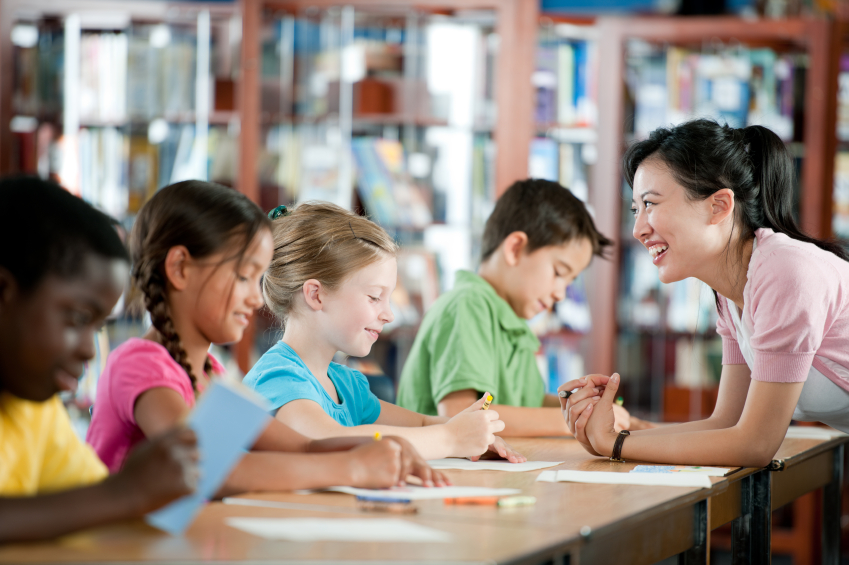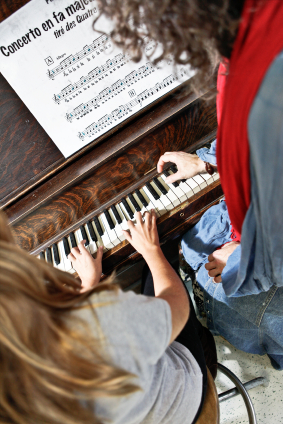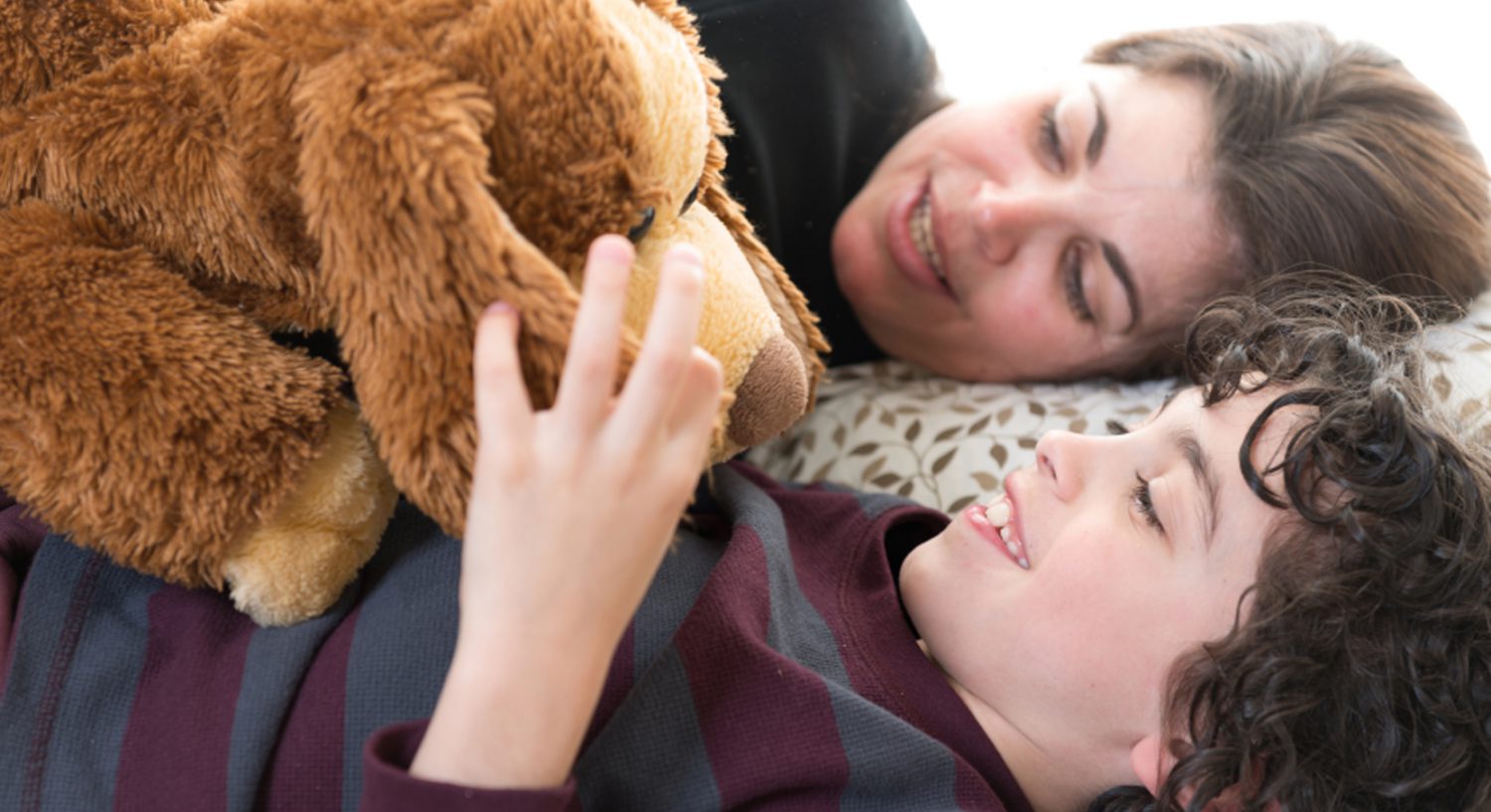No matter whether you believe that dreams can help you solve problems, give insights into what’s to come into your life, or simply are strange jumbles of emotions and images from your day…they do offer an interesting look at your unconscious
Forces of Nature
Inspired by 200+ Active Learning Strategies by James A. Bellanca Play some nature-based music (we recommend trying some of George Winston’s Seasons based piano solos from the early 1980s on YouTube). Have your child pretend to be either the forces
Get in Gear for Back-to-School :: LANGUAGE ARTS
One day closer to the first day of school… Below, we’ve compiled our favorite 10 language arts activities we’ve featured over the summer (as well as our Summer Reading Lists) to make sure your child gets in gear ahead of
One-Size-Fits-All Doesn’t Work for Education

by Meredith Resnick, M.Ed & MA I have always been skeptical of clothing items that say one-size-fits-all. And for good reason! Although those gloves with the ‘one size works for everyone’ tag may in fact fit my 4 year old
Timing Is Everything
Take advantage of your intrapersonally intelligent child's goal-oriented nature and take a look at what was expected of your child in the math realm during their last quarter of school and what lies ahead in the first quarter of the
Melodramatic Mime
Have your child act out a favorite story or book in melodramatic mime, playing all the characters. Encourage over-exaggerated movements from him/her! Extra Credit: Have your child mime one of your favorite stories without you reading it. See if you can
Animal Antics
Watch a short documentary or TV show about animals (e.g. Meerkat Manor or Wild Kingdom) with the sound off. After it’s over, talk about what your child thought was happening during the episode and the “characters” each animal played. Replay
How to Choose the Best Instrument for Your Child

If you have a little musician in the house, they may be chomping at the bit to graduate up from your pots and pans and belting out vocal stylings to toddler tunes to their first musical instrument. Selecting the right
Let’s Commune About Nature
If you haven’t already discovered Wordle, this activity will give you a fun introduction to this creative tool as well as a creative way to get your Kidzmet Kids talking about all the natural phenomena that are affecting our loved
Effective Breakout Groups for Long-Term Projects

Break Apart by Multiple Intelligence FIRST Place at least one child with a parallel preference in each of your breakout groups. E.g., for a history lesson, place a child with and intra- or interpersonal preference in each breakout group; for

